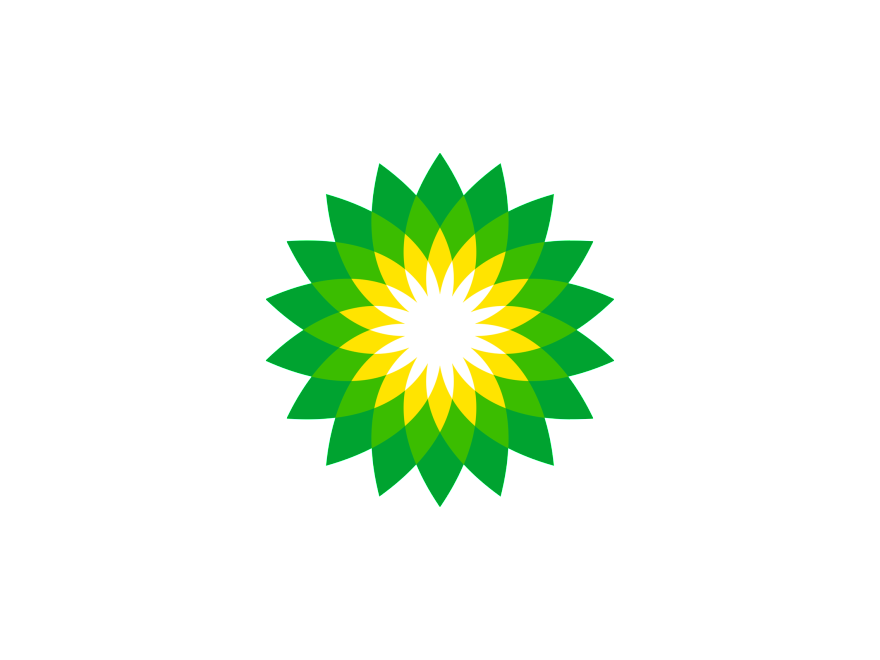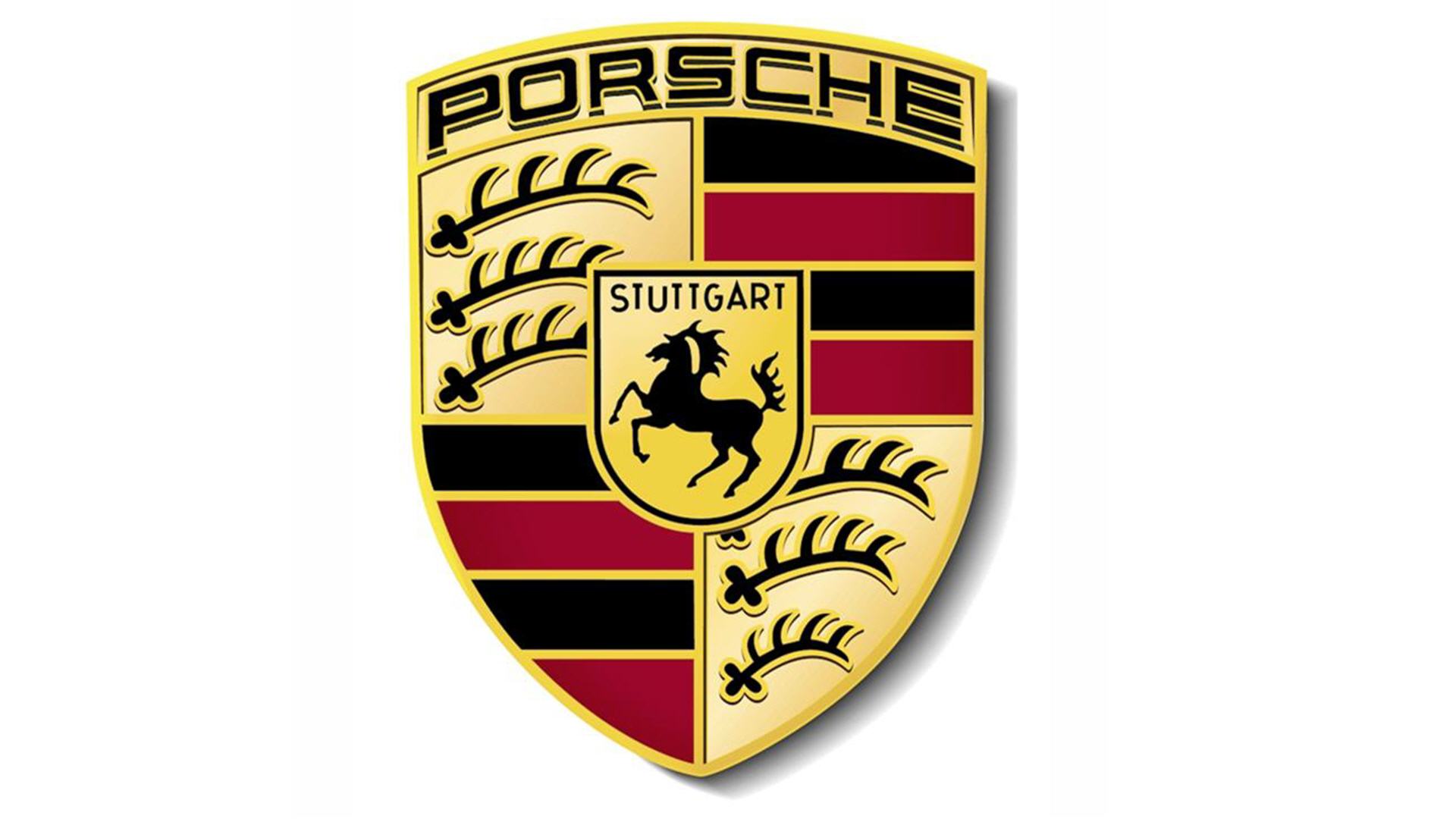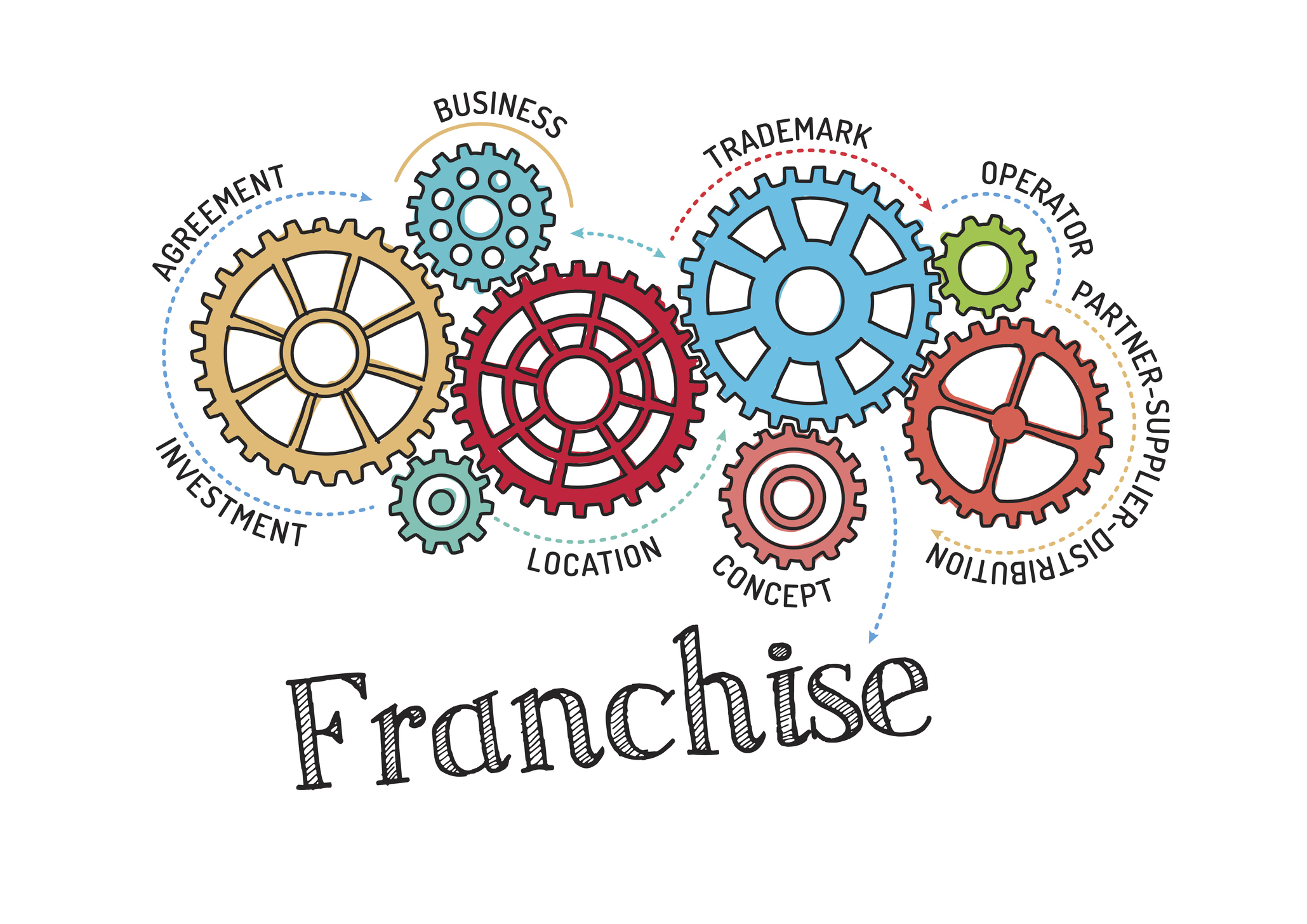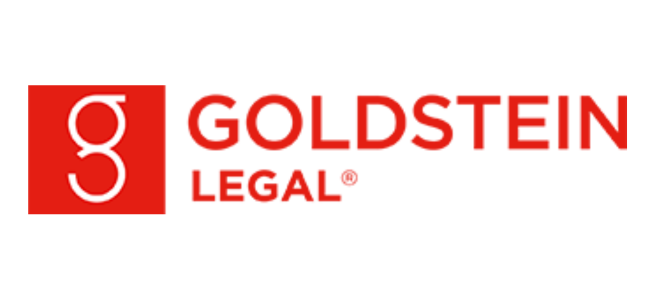Do you know the brand value of your franchise?
Do you know the brand value of your franchise?
The value of your brand could, in time, surpass the value of your company’s physical assets. If you don’t protect it, you could be endangering the future value of the very business you’ve worked so hard to create.
This is particularly relevant when we’re talking about franchising. The foundation of any franchise system is built on its trade mark and IP. However, astonishingly, while 77% of franchises exhibiting at the British & International Franchise Exhibition in 2017 had registered or applied to register their trade mark, only 28% used a ™ or an ®. More worryingly, only 6% of exhibitors claimed copyright in their materials.
In our latest blog, we’ll explain exactly why your brand is worth protecting, and how to go about it.
What is a brand?
To understand the value of your own brand, let’s first establish what the term actually means. The term originally derives from traditional farming practices, where farmers used branding irons to mark their animals, so that they knew which animal belonged to which farm.
The term was later adopted by producers of consumer goods in order to distinguish their product from others that were similar. ‘Coca Cola’, and ‘Pepsi’ are obvious 20th century examples of this. However, the British pottery brand ‘Wedgewood’ used its name in this way as early as 1759. In essence, a brand became the name which told the consumer the source of a product.
In today’s world of sophisticated marketing communications, the brand concept has become more complex. The term “brand” no longer only refers to the name of a product, it extends to a company’s whole offering – “the intangible sum of a product’s attributes” as David Ogilvy[1] put it.
The rise in brand value
Over the 19th and 20th centuries, the rise in the value of brands has been phenomenal. So much so that in today’s world a strong brand may provide value to an organisation well beyond its tangible worth.
The sale of Porsche’s car-making business to Volkswagen is a good example of this. In 2012, Volkswagen paid €11 billion (€8.5bn + €2.5bn in debt) to acquire the luxury car business. However, the value recorded in Volkswagen’s books following the purchase was €20bn![2]
What constitutes a brand?
It is your business’s intangible assets that constitute its brand, i.e., trade marks, reputation, recognition and other forms of intellectual property (IP). And it is these assets that need protection if a franchise is to thrive.
First up, let’s look at trade marks.
Typically, trade marks are either ‘word marks’ or ‘figurative marks’. A word mark, as the name suggests, protects the word or words. Some well-known examples would be ‘Marks & Spencer’, ‘Pepsi Cola’, and ‘Jaguar’.
‘Figurative marks’ (or ‘logos’) protect a figurative image, or an image sometimes combined with a word. Some famous examples would be:


(These marks are registered trade marks of BP p.l.c and Dr. Ing. h.c. F. Porsche Aktiengesellschaft, respectively)
A word mark generally affords the strongest form of trade mark protection, as it stops third parties from using the word (or words), or anything similar, no matter how they appear, and regardless of how they are styled for the same goods or services.
Figurative marks protect the imagery of the logo. This can be very valuable, but they do not necessarily protect the name of your brand. This is one reason why companies with valuable brand names will each tend to have a sizeable portfolio of trade marks, encompassing both word marks and figurative marks. (And they will spend many millions of pounds every year protecting, updating and defending that portfolio.)
Another important point to note about trade marks is that they are registered by reference to a category or categories of goods and services. For example, furniture is in class 20, and clothing is in class 25.
For your trade mark to remain protected in any category, you need to be using it in that category. If you don’t, then eventually your mark could be revoked due to non-use. This is why it is almost impossible to protect your mark for everything. At your business planning stage, you will want to make a sensible assessment of which categories of goods and services you are going to be supplying, at least in the short to medium term.
Another consideration is the sheer volume of trade marks – words and logos – that are already registered and that continue to be applied for. There might be an infinite number of potential images, but there is a finite number of words in the English language. A word mark will generally get you stronger protection than a logo, but the chances are that if you haven’t already registered a trade mark, your chosen brand name will already be taken by someone else, somewhere in the world.
Therefore, it makes sense to invest in your trade mark protection right at the early stage of your franchising project, and certainly before you finalise your franchise’s branding. Specialist legal advice is essential here. Trade mark protection can be complex and expensive, and your legal adviser should be able to ensure that your money is spent protecting you in the most cost-effective and advantageous way possible.
Brand protection shouldn’t stop at trade marks. There are other forms of intellectual property protection that matter as well, such as copyright, database rights, design rights and confidential information.
In the UK, copyright exists automatically in “original works”, without any requirement for you to register it. “Original works” would potentially include your marketing materials, your operations manual, your training materials, and the wording, images and designs included in them. Copyright lasts for a set period, usually the life of the author plus 70 years after their death but it varies depending on the type of work being protected. If something has copyright, any unauthorised copying would be seen as copyright infringement, and could constitute a criminal offence and / or be actionable in civil law.
For full details of copyright law and other IP rights seek the advice of an expert. At the very least, you must take steps to record who has created any copyright works for you and that any intellectual property rights are properly assigned to you by the author. Additionally, you should ensure that your materials contain a suitable copyright notice, such as a © followed by the name of copyright owner and the year of publication.
There will potentially be database rights in your Customer Relationship Management (CRM) system, your website, and various other systems. A database could be a hugely valuable asset to your business, and you should have robust procedures in place to protect it, particularly as it is likely to be accessible by your franchisees.
Design rights protect the appearance of a product, or part of it, and can be registered or unregistered.
You also have a right to protect your confidential information, and this could include things like know-how and trade secrets which are a key part of your business format. This is usually done through legally sound confidentiality and non-disclosure agreements.
Clearly, to know the brand value of your business you need to know what intellectual property your business has, and then take sensible steps to protect it. There is no substitute for taking advice from a legal professional in this regard.
Now, more than ever your brand is worth protecting. If you need advice on how best to protect and exploit your IP, speak to one of our expert lawyers today.
[1] Dvorak, D, Build your own brand
[2] Financial Times, July 2012





